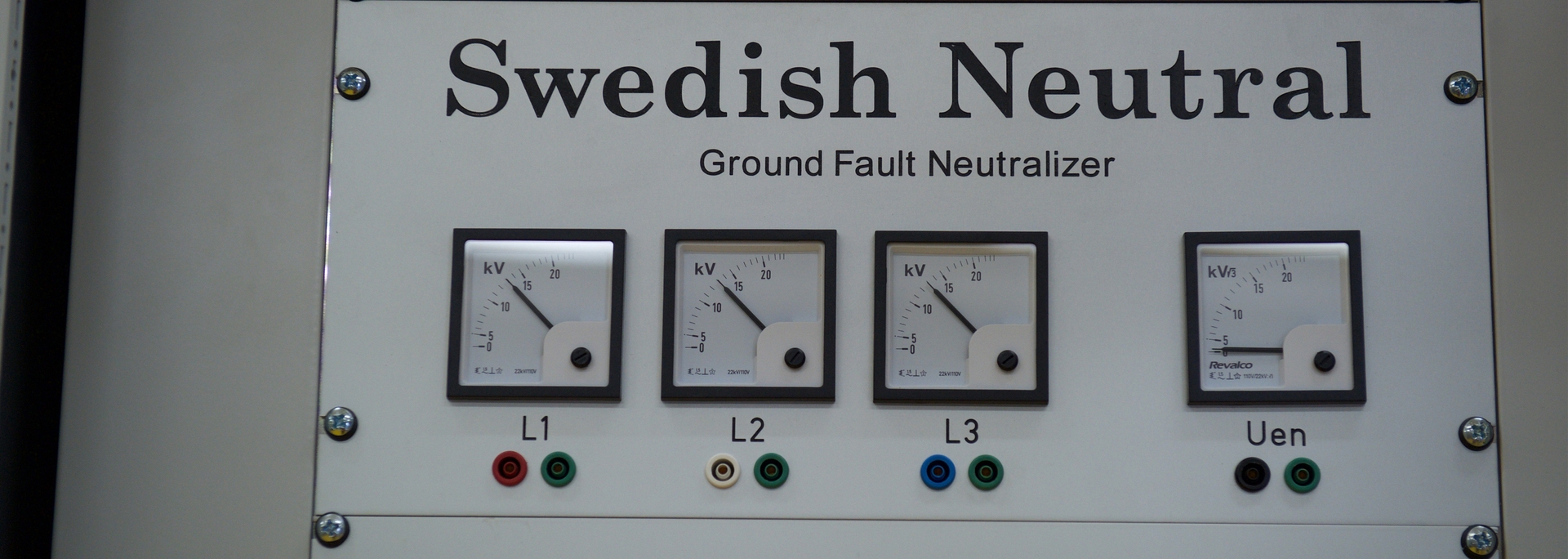REFCLs and bushfire prevention
Each year, we’ve gathered evidence that shows REFCLs help keep communities safer by activating when faults occur.
Trees falling onto powerlines are the primary cause of faults. But there are other important safety benefits. For example, when heavy machinery – like excavators or bulldozers – has hit overhead powerlines while working, REFCLs have activated, protecting the operators.
While the introduction of REFCLs was mandated in some other parts of Victoria as part of the Government’s response to the 2009 Victorian Bushfires Royal Commission, we’ve voluntarily supported the initiative in the interests of community safety.
How REFCLs work
When a powerline comes into contact with the ground or a tree, the energy released can cause a large spark. The line can continue sparking if it remains live, increasing the potential of it starting a fire.
A REFCL works like a large safety switch. It can detect when one line out of a three-phase powerline has fallen to the ground – almost instantly reducing the voltage of the fallen line. At the same time, it boosts the voltage on the two lines that remain in service.
After a few moments, the device checks to see if the fault is still present. If it is temporary, then power is restored to the line. If it is a continuing fault, power to all three lines will be shut off to protect against the risk of fire, keeping the lines safe for our crews to fix.
While the safety devices are effective all year round, on Total Fire Ban days they operate at heightened fault sensitivity. Crews patrol the line after a REFCL triggers, working to determine the cause of a fault and making sure things are safe before switching power back on.
Electric Vehicle Grid Project



